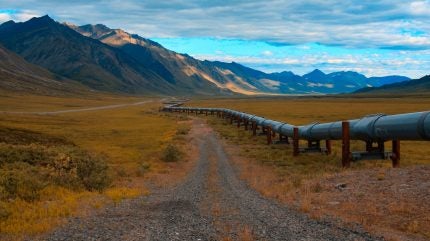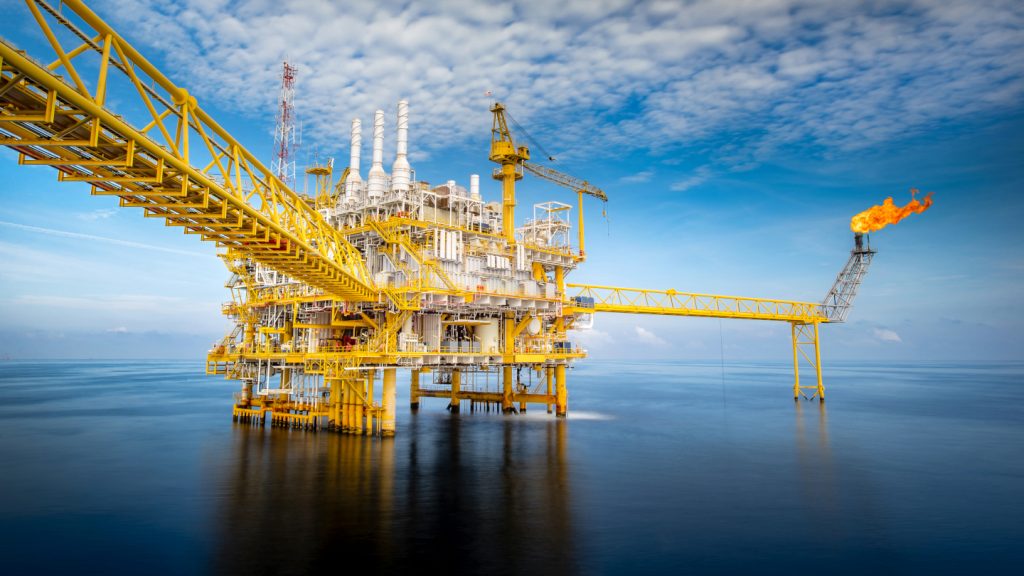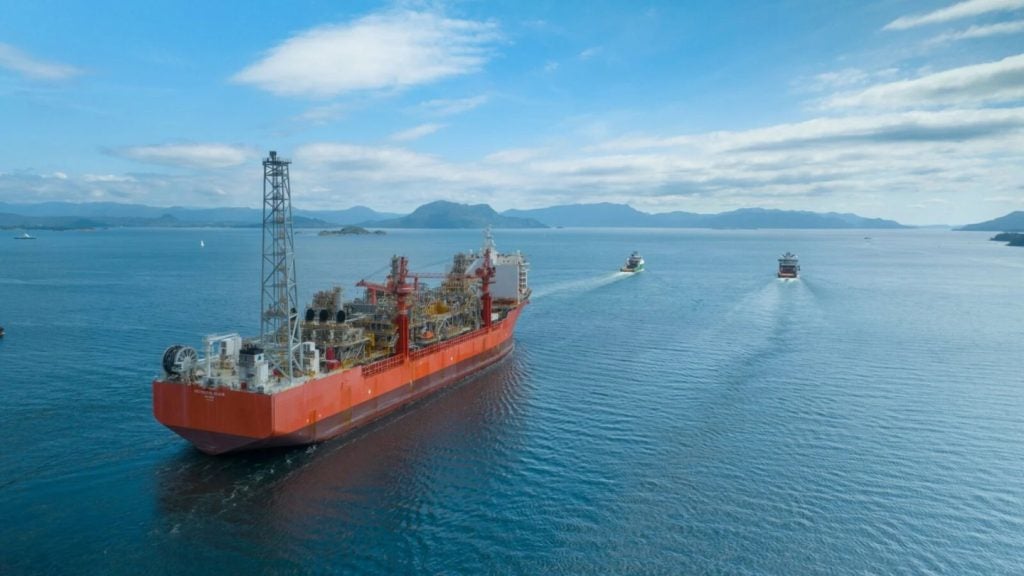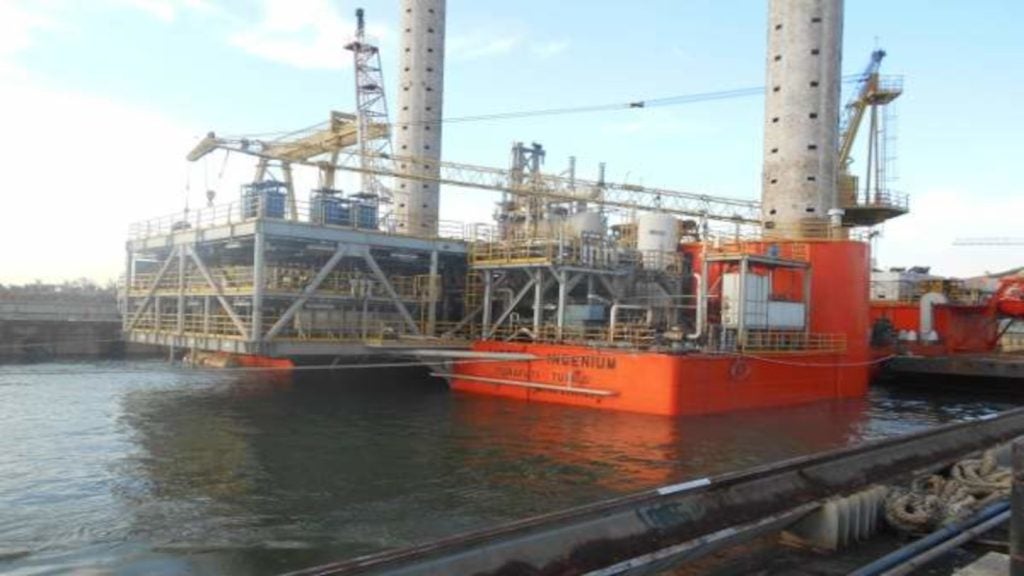
The Canada Energy Regulator (CER) has given the green light for the Trans Mountain oil pipeline expansion, granting the final permits necessary for the project to commence operations.
This approval marks the end of a prolonged period of delays and significant cost overruns for the project.
The pipeline is now authorised to transport crude oil from Trans Mountain’s Edmonton Terminal in Strathcona County, Alberta, to its Westridge Marine Terminal in Burnaby, British Columbia.
In 2018, the Canadian Government acquired the Trans Mountain pipeline system and its expansion project from Kinder Morgan Canada for C$4.5bn ($3.3bn), with the intention to ensure the project’s completion.
The expansion faced numerous setbacks, with the project’s costs ballooning to C$34bn, as reported by Reuters.
The expansion project is a parallel pipeline to the original Trans Mountain Pipeline, constructed in 1953 and still in operation today.
It will increase the pipeline’s shipping capacity from 300,000 barrels per day (bpd) to 890,000bpd.
Trans Mountain announced last week that it anticipates completing the line fill on the expanded pipeline by early May, with the expectation of loading the first tanker at the Westridge dock in the latter half of the month.
Canada Energy Regulator CEO Tracy Sletto said: “Today marks a significant milestone, and we recognise that our regulatory oversight role continues as we ensure the pipeline is operated safely and the company delivers on its commitments.
“We also look forward to continuing our collaboration with the Trans Mountain Indigenous Advisory and Monitoring Committee, and recognise that meaningful First Nations, Métis and Inuit involvement in regulatory oversight is key to building and operating energy projects now and into the future.”
This project is set to significantly boost Canada’s capability to export crude oil to markets on the west coast of the US and Asia.
In August 2023, reports emerged that the Canadian Government was considering the sale of its stake in the Trans Mountain oil pipeline to indigenous groups, through a special-purpose vehicle.








